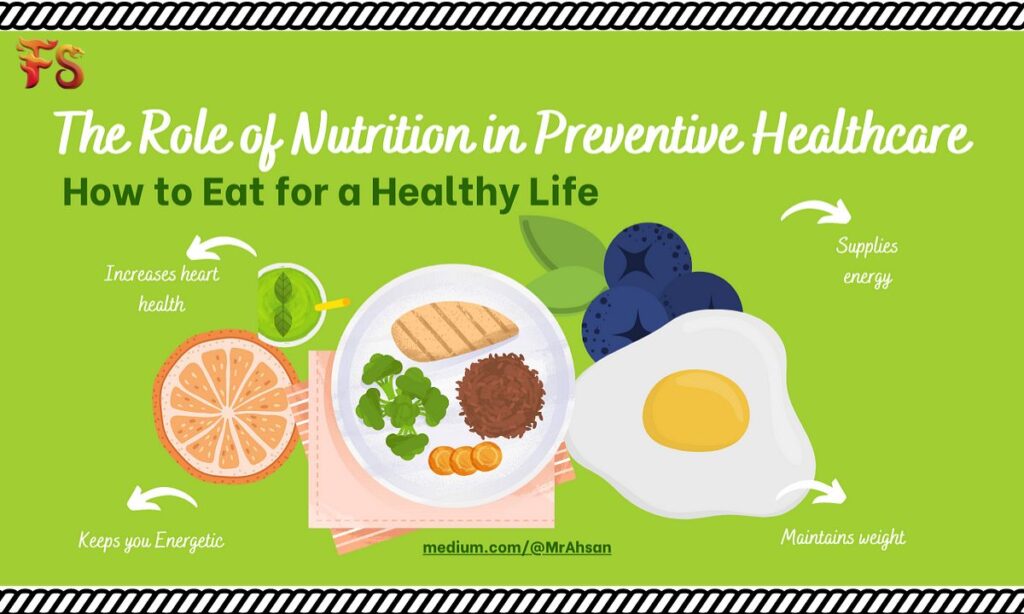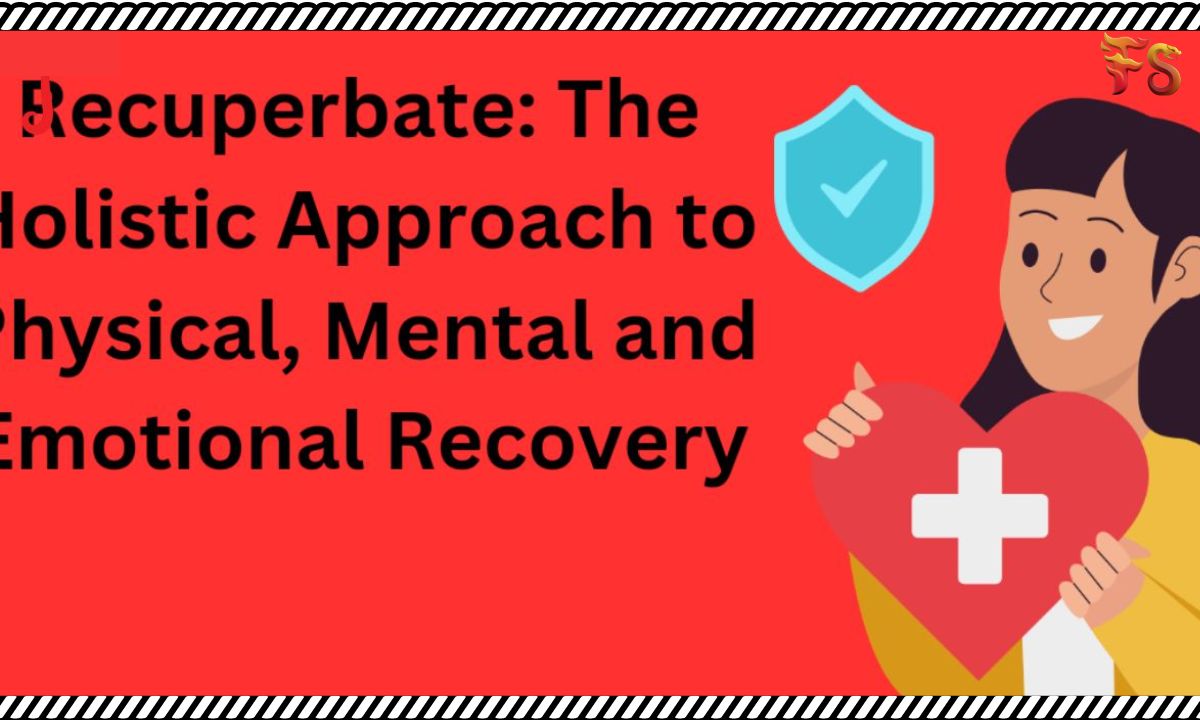Life moves fast. We’re always rushing. There’s pressure to keep going. But what happens when we hit our limits? This is where recuperbate comes in. Recuperbate is a new concept. It combines recovery and rejuvenation. It’s about active restoration.
aThis practice can lead to a better life. It’s about finding balance. Recuperbate is for everyone. It’s not just for athletes or workaholics. It’s for anyone who feels overwhelmed. Anyone who needs a break. Anyone who wants to live better.
What is Recuperbate?
Recuperbate is a blend of words. It combines “recuperate” and “reinvigorate”. It’s more than just recovery. It’s about renewal. Recuperbate is holistic. It addresses physical needs. It also tackles mental and emotional needs. It’s comprehensive.
Traditional recovery often focuses on the physical. Recuperbate goes further. It recognizes the interconnectedness of our being. Our bodies, minds, and emotions are linked. Recuperbate acknowledges this. It provides a framework for total recovery.
Why Recuperbate Matters?
Our bodies have limits. Our minds have limits too. We’re not machines. We can’t work non-stop. Without recuperbate, we risk burnout. We risk illness. We risk mental health issues. Anxiety can creep in. Depression can follow. Recuperbate prevents this.
It emphasizes balance. Rest is as important as work. Recovery is as crucial as effort. Recuperbate matters because it keeps us healthy. It keeps us productive. It keeps us happy. In today’s fast-paced world, recuperbate is essential. It’s not a luxury. It’s a necessity.
READ THIS BLOG: Minami Ukifune: Exploring the Cultural and Historical Legacy of a Japanese Icon
The Physical Side of Recuperbate
Physical recuperbate is crucial. Our bodies need rest. They need repair. When we push too hard, we break down. Muscles get sore. Immune systems weaken. Fatigue sets in. Physical recuperbate prevents this. It involves sleep. It involves nutrition.
It involves gentle movement. Physical recuperbate restores our bodies. It rebuilds our strength. It boosts our immune system. It prepares us for the next challenge. Without physical recuperbate, we can’t perform at our best. We can’t stay healthy. We can’t enjoy life fully.
The Role of Sleep in Recuperbate

Sleep is vital for recuperbate. It’s when our bodies heal. It’s when our minds process. During sleep, tissues repair. Hormones regulate. Memories consolidate. Deep sleep is especially important. It’s when physical recuperation happens. Muscles recover. Energy stores replenish.
Without enough sleep, recuperbate is incomplete. We wake up tired. We start the day at a deficit. Prioritizing sleep is key to effective recuperbate. It’s not just about quantity. Quality matters too. Creating a good sleep environment is crucial. So is maintaining a consistent sleep schedule.
Mental and Emotional Recovery
Mental recuperbate is equally important. Our minds need rest too. Constant stress takes a toll. It leaves us feeling drained. It leaves us uninspired. Mental recuperbate addresses this. It involves mindfulness. It involves relaxation. It involves activities that bring joy and peace.
Emotional recuperbate is part of this process. It helps us process feelings. It helps us maintain balance. It helps us stay resilient. Without mental and emotional recuperbate, we risk burnout. We risk losing our spark. We risk our relationships. Mental recuperbate keeps us sharp. It keeps us creative. It keeps us connected.
Mindfulness and Meditation
Mindfulness is a key component of recuperbate. It’s about being present. It’s about focusing on the now. Meditation is a powerful tool for this. It reduces stress. It promotes clarity. It fosters emotional balance. Regular practice of mindfulness and meditation enhances recuperbate.
It calms the mind. It relaxes the body. It improves overall well-being. Even a few minutes a day can make a difference. It’s a skill that improves with practice. It’s accessible to everyone. Mindfulness and meditation support both mental and physical recuperbate.
Journaling for Emotional Health
Journaling is a valuable recuperbate tool. It helps process thoughts. It helps manage emotions. Writing things down can be cathartic. It can provide clarity. It can reveal patterns. Regular journaling supports emotional recuperbate. It’s a form of self-reflection. It’s a way to track progress.
It’s a method to set intentions. Journaling can be free-form. It can be structured. The important thing is consistency. Even a few lines a day can be beneficial. Journaling complements other recuperbate practices. It enhances self-awareness. It promotes emotional growth.
The Role of Nutrition in Recuperbate

Nutrition is fundamental to recuperbate. What we eat affects how we feel. It affects how we recover. A balanced diet supports recuperbate. It provides necessary nutrients. It fuels our bodies. It nourishes our minds.
Proper nutrition enhances physical recuperbate. It speeds up recovery. It boosts immune function. It improves mental clarity. Eating well is a form of self-care. It’s an investment in our health. It’s crucial for effective recuperbate.
Foods That Aid Recuperbate
Certain foods are particularly beneficial for recuperbate. Leafy greens are important. They’re rich in vitamins. They’re full of antioxidants. Lean proteins aid muscle recovery. They support tissue repair. Omega-3 fatty acids reduce inflammation. They improve brain function.
Berries are packed with antioxidants. They fight oxidative stress. Nuts and seeds provide healthy fats. They offer sustained energy. Hydration is also crucial. Water aids in recovery. It supports all bodily functions. Choosing the right foods enhances recuperbate. It speeds up the process. It improves overall health.
Exercise and Recuperbate: Finding Balance
Exercise is important for health. But it needs to be balanced with rest. Too much exercise can be harmful. It can lead to injury. It can cause burnout. Balanced exercise supports recuperbate. It improves circulation. It reduces stress.
It enhances mood. Active recovery is a useful concept. It involves light exercise on rest days. This could be yoga. It could be a gentle walk. Finding the right balance is key. It allows for progress without overtraining. It supports overall recuperbate.
How Stress Impacts Recuperbate?
Stress is a major obstacle to recuperbate. Chronic stress harms the body. It disrupts sleep. It weakens the immune system. It impairs recovery. Managing stress is crucial for effective recuperbate. This can involve deep breathing. It can include time in nature.
It might mean engaging in hobbies. Stress management techniques enhance recuperbate. They allow for better recovery. They improve overall well-being. Recognizing sources of stress is important. So is developing coping strategies. Stress management is an ongoing process. It’s a key part of recuperbate.
Incorporating Recuperbate Into Daily Life
Recuperbate isn’t just for vacations. It’s not just for weekends. It should be part of daily life. This means taking regular breaks. It means setting aside time for hobbies. It means prioritizing quiet moments. Daily recuperbate practices add up.
They prevent burnout. They maintain balance. Small actions make a difference. A few minutes of meditation. A short walk. A nutritious meal. These all contribute to recuperbate. Consistency is key. Making recuperbate a habit improves its effectiveness. It becomes a natural part of life.
Setting Boundaries
Boundaries are essential for recuperbate. They protect our time. They protect our energy. Setting boundaries might mean turning off work emails after hours. It might mean saying no to extra commitments. It could involve scheduling time for self-care.
Clear boundaries support recuperbate. They create space for recovery. They reduce stress. Setting boundaries can be challenging. It often requires practice. But it’s a crucial skill for effective recuperbate. It ensures we have the time and energy for recovery.
ALSO READ THIS BLOG: Ceylan Eye Cream Reviews: Comprehensive Looks
The Science Behind Recuperbate
Research supports the importance of recuperbate. Studies show rest is crucial for health. Recovery impacts both body and mind. It reduces cortisol levels. This is the stress hormone. It increases serotonin and dopamine.
These are “feel-good” chemicals. Scientific evidence backs up recuperbate practices. Sleep studies show its importance. Nutrition research highlights its impact. Stress studies reveal its necessity. Understanding the science can motivate us. It can help us prioritize recuperbate. It can guide our practices.
Overcoming Guilt Around Recuperbate
Many people feel guilty about recuperbate. Our culture often values constant work. Taking time for recovery can feel selfish. But it’s not. It’s necessary. Reframing recuperbate is important. It’s not laziness. It’s self-care. It’s essential for long-term success.
Overcoming guilt takes time. It requires a shift in mindset. Recognizing the benefits helps. So does setting a good example for others. Guilt-free recuperbate is more effective. It’s more enjoyable. It’s more sustainable.
Recuperbate and Longevity
Recuperbate may increase longevity. Studies show stress reduction improves health. Regular sleep extends life. Proper nutrition supports longevity. These are all key components of recuperbate. Prioritizing recuperbate could lead to a longer life.
It certainly leads to a healthier one. It reduces the risk of chronic diseases. It improves quality of life. Recuperbate is an investment in the future. It’s about living well now. It’s about ensuring health for years to come.
Frequently Asked Questions
How much time should I dedicate to recuperbate daily?
Start with 15-30 minutes daily, gradually increasing as you see benefits.
Can recuperbate replace medical treatment?
No, recuperbate complements but doesn’t replace professional medical care.
Is recuperbate only for people with high-stress jobs?
No, everyone can benefit from recuperbate practices, regardless of their job or lifestyle.
How long before I see results from recuperbate?
Some benefits are immediate, but consistent practice over weeks or months yields the most noticeable results.
Can children practice recuperbate?
Yes, age-appropriate recuperbate practices can benefit children, helping them manage stress and emotions.
Conclusion
Recuperbate is more than just rest. It’s a holistic approach to recovery. It encompasses physical, mental, and emotional aspects. Incorporating recuperbate into daily life is crucial. It enhances health. It reduces stress. It promotes happiness. Recuperbate is not a luxury.
It’s a necessity in our fast-paced world. By prioritizing recuperbate, we invest in ourselves. We ensure our long-term well-being. We create a more balanced, sustainable lifestyle. Recuperbate is the key to thriving, not just surviving, in today’s demanding world.

David: Seasoned financial expert with 5 years in banking and investments.
Skilled in personal finance, market analysis, and wealth management. Empowers clients to achieve financial goals.





